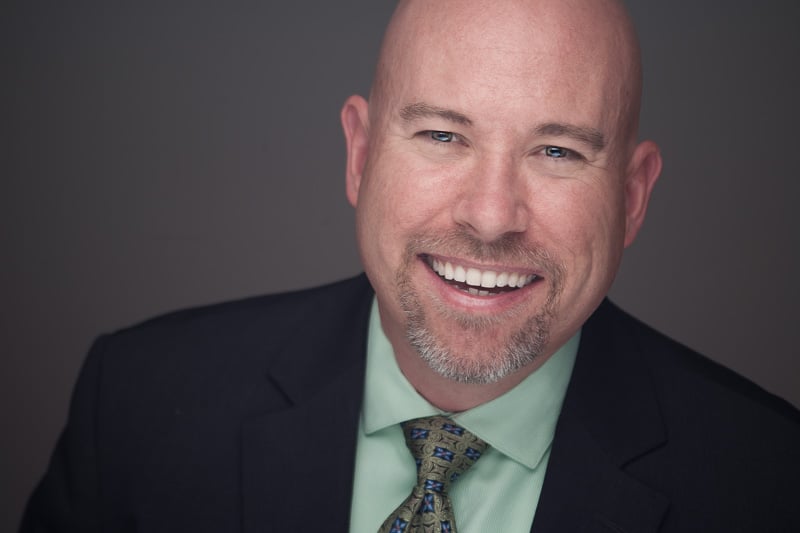Show Transcript
In this video, I’m going to talk more about how to have difficult conversations with your employees. And it’s going to focus on your assumptions.
Hi, everybody. I’m A.J. Grossman, divorce lawyer, and owner of Leap Frog Divorce. So assumptions are huge. And we all assume things, especially when we go into difficult conversations with our employees. We assume that maybe they didn’t read enough, we assume maybe they didn’t research enough, we assume maybe they didn’t care enough about what it was they were supposed to do. We assume that they don’t, they don’t care about the company, or they don’t care about their department.
Here’s my tip, check your assumptions at the door and leave them out of the conversation. And the best way to do that is to adopt what I would call a beginner’s mind. Think that you know nothing. And this is a conversation to get your questions answered. And to find out more information about what you don’t know.
Okay, so you could start by saying something like, and we’ll assume that Suzanne, Suzanne is the hypothetical employee. You could say, Suzanne, thank you so much for taking the time to meet with me today. I know you’re really busy. So I appreciate you giving me some of your time to talk about this conflict that we seem to be having between the two of us. And I want to start by hearing more about your perspective on this conflict. And I also want to make sure that I’m not assuming anything that’s not true. And so I want you to really help me understand what happened, maybe some of the challenges that you had maybe some of the roadblocks that you ran into, you know, what was your intention going into this project and help me understand where things went awry.
So that is very different from coming into that conversation and saying something like, Suzanne, it really seems to me that you weren’t interested in doing a good job on this project. You know, you’re coming in with an assumption, you’re assigning Suzanne judgment, and you’re immediately placing blame. All that’s going to do for your employee is put them on the defensive and probably cause her to clam up and not be open with you.
And so even though in your gut, you may, that may be the approach you want to take, I’m really going to encourage you and suggest that you take a softer approach, more of a learning conversation. You’re here to learn more about her perspective, and what happened from her viewpoint through her eyes.
I hope you found this video valuable if you did, please consider liking and subscribing. I’m releasing new videos all the time. And if you have any questions about this tip today, please feel free to reach out.
Thank you so much. Have a wonderful day and be well.


